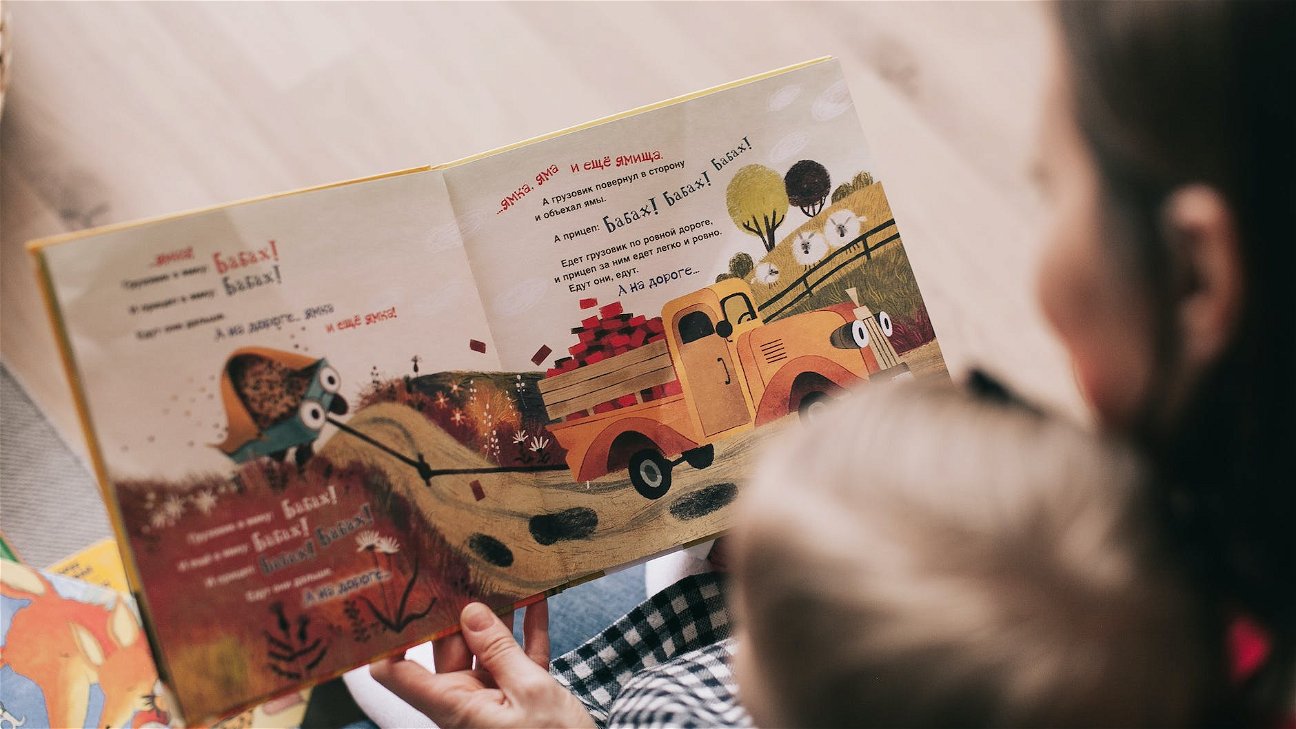
Raising a child is an adventure filled with joyous moments, challenges, and everything in between. Now, imagine if your child seems to feel everything more deeply than others. They may be a highly sensitive child (HSC). Understanding and supporting a highly sensitive child can sometimes feel like a daunting task, but with the right information and strategies, it can become a rewarding experience.
Defining a Highly Sensitive Child
A highly sensitive child is characterized by a high level of sensitivity to environmental stimuli such as sounds, lights, textures, and even the emotions of others. This sensitivity often leads to deep thinking, empathy, and creativity, but it can also result in overwhelm and stress. It's important to remember that being highly sensitive is not a pathology, but a personality trait present in roughly 15-20% of the population.
Now, let's dive into the core signs of a highly sensitive child and ways to support them.
6 Signs of a Highly Sensitive Child
-
Noticeable Reaction to Sensory Input: Highly sensitive children may have an intense reaction to loud noises, bright lights, or crowded spaces. They may also be particularly sensitive to textures in clothing or food.
-
Deeply Affected by Others’ Emotions: A highly sensitive child often absorbs the emotions of others, which can be overwhelming, especially if those emotions are negative.
-
Need for Alone Time: HSCs frequently need quiet time alone to recharge after being in stimulating environments.
-
Careful Decision Making: They often take considerable time to make decisions, even about seemingly insignificant things, as they think deeply about all the possibilities.
-
Highly Empathetic: Highly sensitive children typically have great empathy for others, often showing an understanding of people’s feelings that is beyond their years.
-
Easily Overwhelmed: Whether it's with busy schedules, new situations, or changes, HSCs can get easily overwhelmed and may need more time to adjust than other children.
These are not the only signs, but they are some of the most common.
How to Support a Highly Sensitive Child
Here are some strategies to help you support and nurture your highly sensitive child:
-
Validate their feelings: Acknowledging and validating their feelings helps HSCs feel understood and supported.
-
Create a calm environment: A peaceful and predictable environment can help reduce anxiety in sensitive children.
-
Give them alone time: Ensure your child has quiet time alone to recharge and process their feelings.
-
Be patient with them: Patience is crucial. Understand that their sensitivity may cause them to need more time to adapt to new situations or make decisions.
-
Teach coping strategies: Guide them to develop coping mechanisms that will help them manage their sensitivity effectively.
-
Model healthy emotional processing: Show them how to express and manage feelings in a healthy way.
-
Provide reassurance: A sensitive child often benefits from reassurance that it's okay to be sensitive and that their sensitivity is a strength, not a weakness.
Remember, every child is unique, and what works for one might not work for another. It's all about understanding your child's specific needs and responding to them with love and patience.
In conclusion, being a parent of a highly sensitive child may come with its unique set of challenges, but it also brings incomparable rewards. By understanding and nurturing your child's sensitivity, you're not only supporting them but also fostering a deep and meaningful relationship with them. And remember, your sensitive child is not just a child who feels too much, but a child who perceives the world in a remarkably detailed and insightful way.











